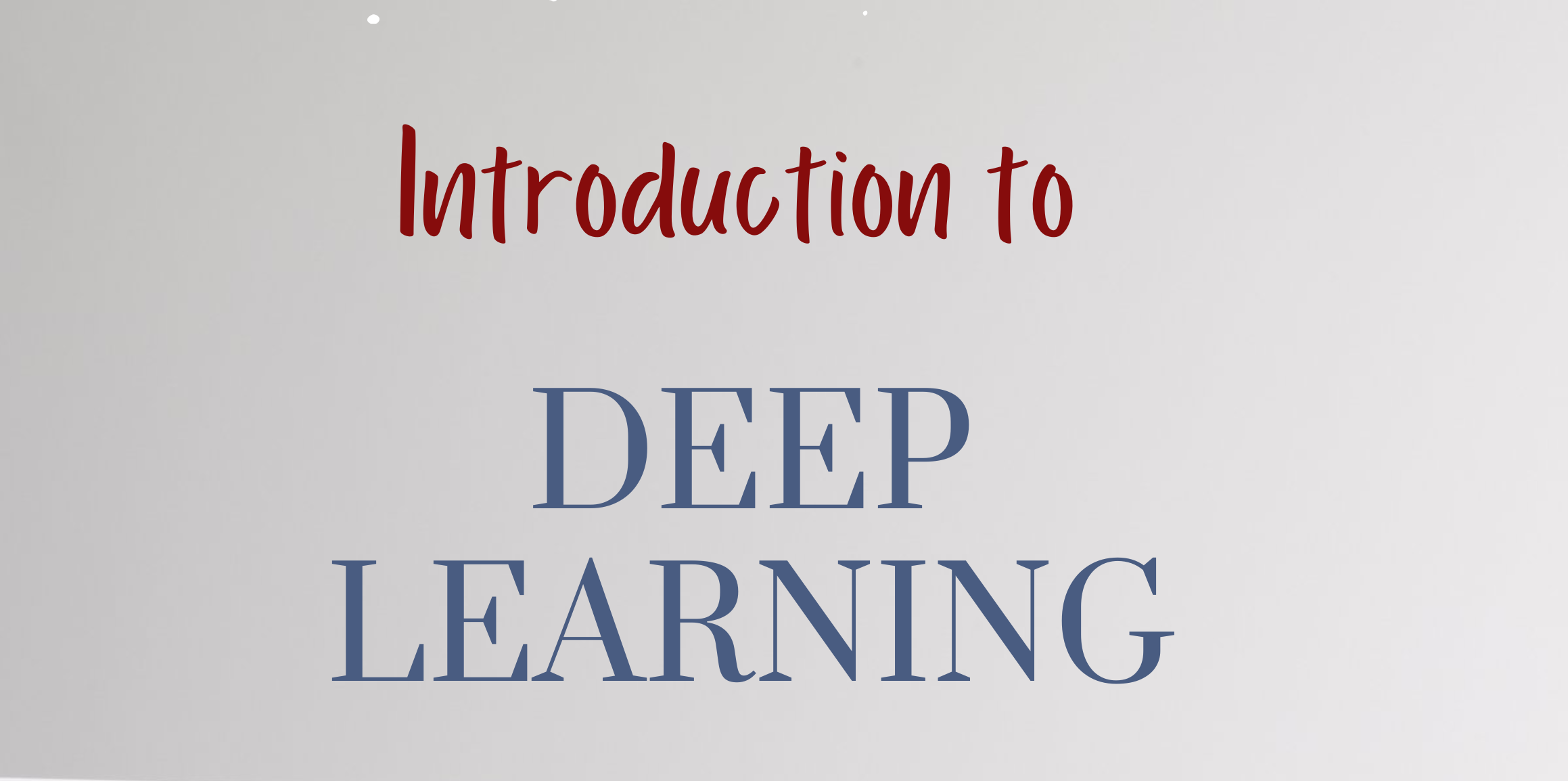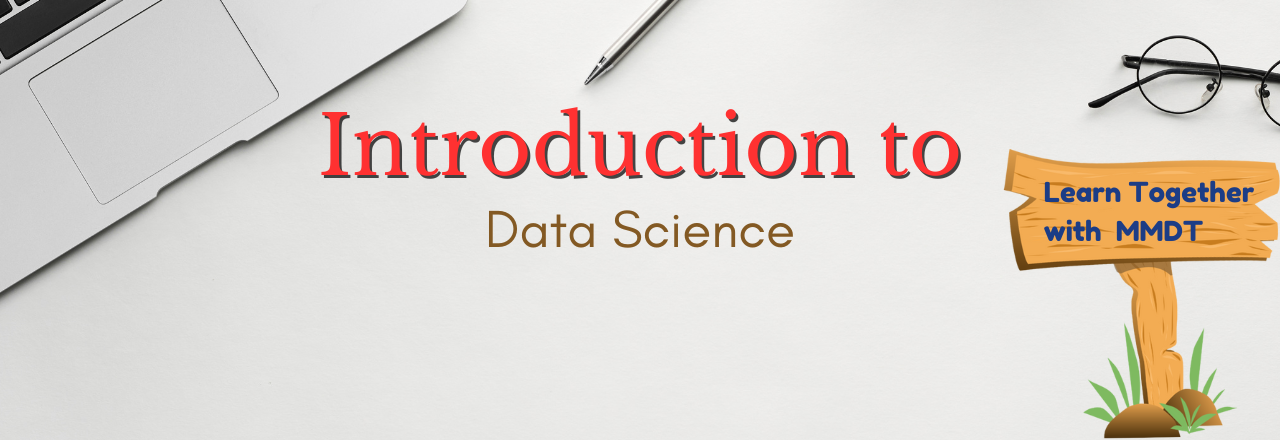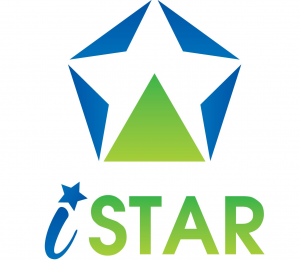Learning with Dr Myo Thida
Course categories
Skip available courses
Available courses

This course is primarily designed for first-year undergraduate students as an introduction to the field of computer science and fundamental concepts of computer programming. It utilizes Python programming and is suitable for students without any prior programming experience. Throughout the course, students will acquire knowledge in Python fundamentals, data types, writing functions, debugging, and solving real-life problems using programming concepts. Additionally, students will learn the essentials of version control using Git.
- Teacher: Myo Thida

Building on the concepts from Py102, this course introduces students to the principles of algorithm design and analysis. It emphasizes developing efficient solutions to computational problems and rigorously evaluating their performance. Topics include asymptotic analysis, time and space complexity, recurrence relations, and common algorithmic paradigms such as divide-and-conquer, greedy algorithms, dynamic programming, and backtracking. Students will also be introduced to the fundamentals of computational complexity, including NP-completeness. By the end of the course, students will be able to design, analyze, and compare algorithms using both theoretical and empirical methods in Python.
- Teacher: Myo Thida

The GED Social Studies test measures your knowledge of history, geography, government, and economics. It is 70 minutes long and features 50 multiple choice questions. The content on the test breaks down like this.
History (Canada, 25%; World, 15%), Geography (15%), Civics and government (25%), and Economics (20%).
-
Civics and Government topics include modern and historic governments, constitutional government, levels and branches of the U.S. government, the electoral system, and the role of the citizen.
-
U.S. History topics stretch from colonialism and the American Revolution through the Civil War and Reconstruction into the modern era of industrialization, immigration, two world wars, the Cold War, and the movements for equal rights.
-
Economics topics include basic economics concepts and systems, the government and the economy, and labor and consumer economics issues.
-
Geography and the World topics cover major stages in world history as well as the relationship among resources, the environment, and societies.
More importantly, it covers broad skill topics:
-
Determine Central Ideas, Inferences, Hypotheses, and Conclusions.
-
Analyze Words, Events, and Ideas in Social Studies Contexts.
-
Analyze Author’s Purpose and Point of View.
-
Evaluate Author’s Reasoning and Evidence.
-
Analyze and Integrate Relationships Within and Between Social Studies Materials.
-
Interpret Data and Statistics in Graphs and Charts.
-
Find the Center in a Statistical Data Set, Including Average, Median, and Mode.
- Teacher: Zin Mar Tun

There are three main parts in this subject.
Life Science (40%) topics include cell structures and processes, human body systems, health and nutrition, heredity and reproduction, genetics and DNA, evolution and natural selection, and the organization of ecosystems.
Earth and Space Science (20%) topics include the structure of Earth, plate tectonics, geological cycles and processes, renewable and nonrenewable
natural resources, weather and climate, the solar system, and the universe.
Physical Science (40%) topics include atoms and molecules, properties and states of matter, chemical reactions, energy and work, motion and forces, waves, electricity, and magnetism.
- Teacher: Khaing Lynn

- Teacher: Khaing Lynn

- Teacher: Sayarma Clary

The GED Social Studies test measures your knowledge of history, geography, government, and economics. It is 70 minutes long and features 50 multiple choice questions. The content on the test breaks down like this.
History (Canada, 25%; World, 15%), Geography (15%), Civics and government (25%), and Economics (20%).
-
Civics and Government topics include modern and historic governments, constitutional government, levels and branches of the U.S. government, the electoral system, and the role of the citizen.
-
U.S. History topics stretch from colonialism and the American Revolution through the Civil War and Reconstruction into the modern era of industrialization, immigration, two world wars, the Cold War, and the movements for equal rights.
-
Economics topics include basic economics concepts and systems, the government and the economy, and labor and consumer economics issues.
-
Geography and the World topics cover major stages in world history as well as the relationship among resources, the environment, and societies.
More importantly, it covers broad skill topics:
-
Determine Central Ideas, Inferences, Hypotheses, and Conclusions.
-
Analyze Words, Events, and Ideas in Social Studies Contexts.
-
Analyze Author’s Purpose and Point of View.
-
Evaluate Author’s Reasoning and Evidence.
-
Analyze and Integrate Relationships Within and Between Social Studies Materials.
-
Interpret Data and Statistics in Graphs and Charts.
-
Find the Center in a Statistical Data Set, Including Average, Median, and Mode.
- Teacher: Zin Mar Tun

There are three main parts in this subject.
Life Science (40%) topics include cell structures and processes, human body systems, health and nutrition, heredity and reproduction, genetics and DNA, evolution and natural selection, and the organization of ecosystems.
Earth and Space Science (20%) topics include the structure of Earth, plate tectonics, geological cycles and processes, renewable and nonrenewable
natural resources, weather and climate, the solar system, and the universe.
Physical Science (40%) topics include atoms and molecules, properties and states of matter, chemical reactions, energy and work, motion and forces, waves, electricity, and magnetism.
- Teacher: Sayarma Clary
- Teacher: Khaing Lynn

- Teacher: Sayarma Clary
- Teacher: Khaing Lynn

- Teacher: Sayarma Clary

This course introduces the fundamental concepts of machine learning, including supervised, unsupervised, and reinforcement learning. Students will explore algorithms such as linear regression, decision trees, and support vector machines while working on real-world datasets to build hands-on experience.
- Teacher: Myo Thida

This course provides a comprehensive introduction to deep learning, covering key architectures such as convolutional and recurrent neural networks. Students will explore optimization techniques, backpropagation, and modern advancements like transformers. Hands-on projects using frameworks like TensorFlow and PyTorch will reinforce theoretical concepts.
- Teacher: Myo Thida
This course explores deep learning techniques for image recognition, object detection, and generative modeling. Students will study convolutional neural networks (CNNs), transfer learning, and advanced architectures like Vision Transformers. Hands-on projects using TensorFlow and PyTorch will reinforce practical applications in fields such as medical imaging, autonomous driving, and facial recognition.
- Teacher: Myo Thida
Focusing on deep learning for text data, this course covers word embeddings, recurrent neural networks (RNNs), long short-term memory (LSTM) networks, and transformers. Students will implement models for tasks such as sentiment analysis, machine translation, and text generation using frameworks like TensorFlow and PyTorch. Ethical considerations in NLP, including bias and fairness, will also be discussed.
- Teacher: Myo Thida

This course builds upon the foundational programming skills introduced in Py101 and focuses on the organization, storage, and management of data within computer programs. Students will explore fundamental data structures such as lists, stacks, queues, trees, graphs, and hash tables, learning how each structure supports efficient data access and manipulation. Emphasis is placed on understanding abstract data types (ADTs), analyzing trade-offs in implementation, and applying these structures to solve practical computational problems. Through Python-based programming exercises, students will gain experience in implementing data structures, measuring their performance, and selecting appropriate structures for various tasks.
- Teacher: Myo Thida

This course provides an overview of data science concepts, including data collection, cleaning, visualization, and basic statistical analysis. Students will learn how to work with real-world datasets using Python while exploring key tools such as Pandas and Matplotlib.
